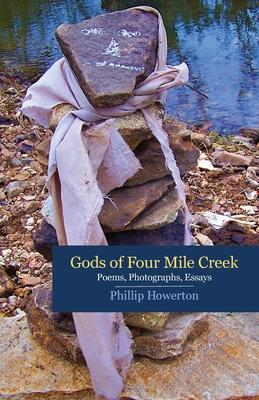Howerton's poems bring careful attention to individuals who ponder, avoid, celebrate, and recognize themselves in the elements of their natural world. By acknowledging their kinship with blackjack oaks, homeless groundhogs, or discarded milk cans, readers come to discover much about who they were and who they might become. In "Farm Team," for example, a lone boy plays baseball with trees and barn doors as imagined teammates. When "the barn foundation/ hits another grounder" the "impossible catch" is "witnessed by a crowd/ of Holsteins." And readers see the imagination and resilience which farm life once required and still requires.
"The Farm Forgets it was a Farm" begins thus: "The loft barn wears the same faded sweater/ every day, with elbows worn thin where boards are missing." In this personification of a farm aging into obsolescence, "fencerows grow unruly like untrimmed eyebrows" and "no one/ visits." The poem ends with the barn imagined as an old man sent off to a nursing home: "In the unmown fields, winds with no place to be/ make a muffled uncertain shuffling sound/ like his stocking feet lost in his numbered hallway."
Ultimately, Gods of Four Mile Creek creates a sense of being and belonging. And running through this landscape of place and self is a seven-mile-long creek, oddly named "Four Mile Creek," filled with joy, tragedy, and relentless change.
